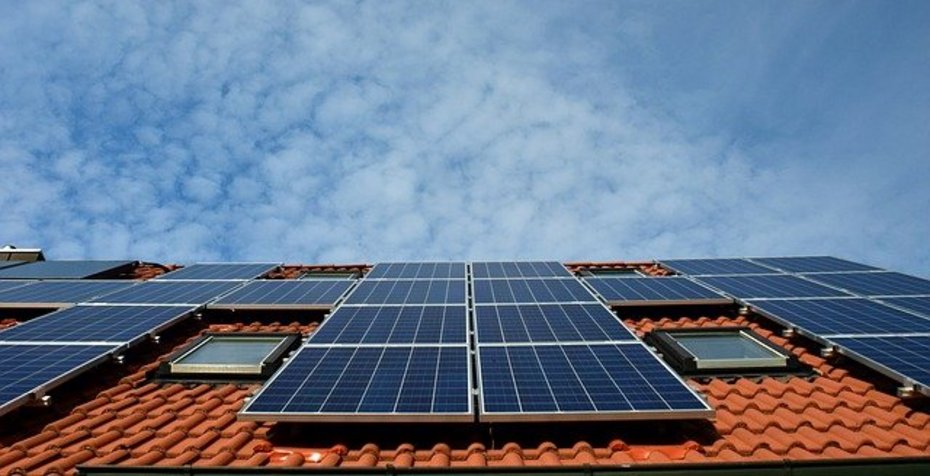
News
GFSE Policy Brief #11: Engaging Citizens via Social Innovations for the Energy Transition
The most recent Policy Brief was published on the GFSE homepage and deals with the topic of social innovations and citizen engagement. The GFSE Policy Brief #11 looks at how social innovations can help tackle a number of environmental and energy challenges, especially in those areas where they also have social repurcussions (ex. health issues due to air pollution or resource depletion). The energy transition has already given rise to various forms of social innovation, including energy cooperatives, energy "prosumers" consuming and producing energy, shared mobility platforms, living labs and citizens‘ engagement initiatives. They are linked to new business models, participatory governance approaches, and innovative financing schemes, among others. They can contribute to making energy more sustainable, democratic, affordable and thus advance structural energy system transformations by putting people at their center. Social innovations are also useful in generating income for local communities and keeping money flows in local economies. Additionally, social innovations have a multi-actor nature, involving contributions from consumers, citizens and organisations beyond typical energy suppliers.
In order to gain a better understanding of such innovations, the GFSE Policy Brief examines some examples in the energy sector and, specifically, the enabling conditions that facilitate their emergence, their contribution to the development of new business models and greater acceptance of the transition towards low greenhouse gas emissions and climate resilient energy systems. You can read the newest Policy Brief here.
